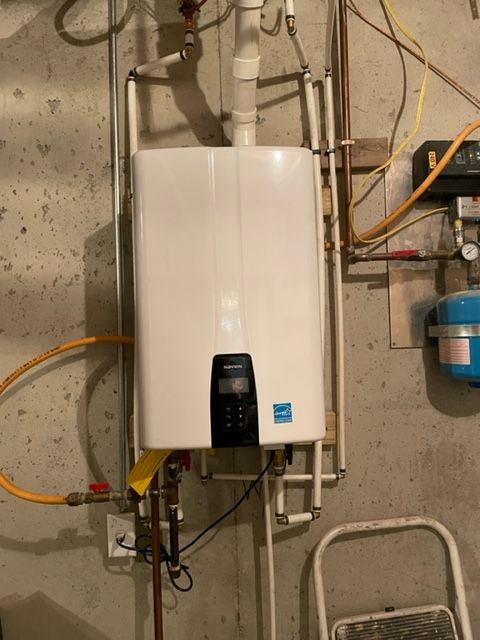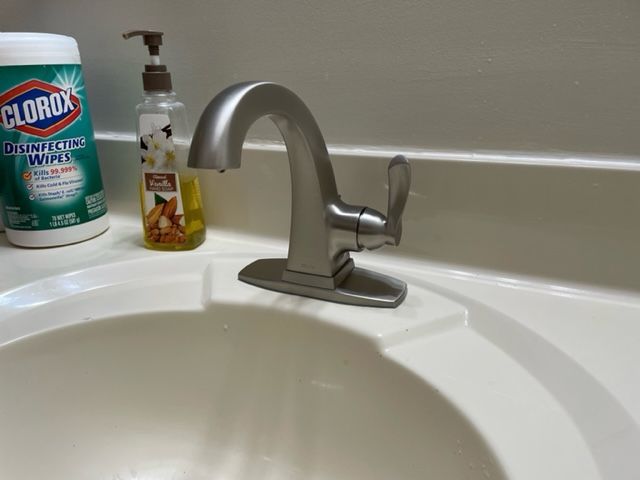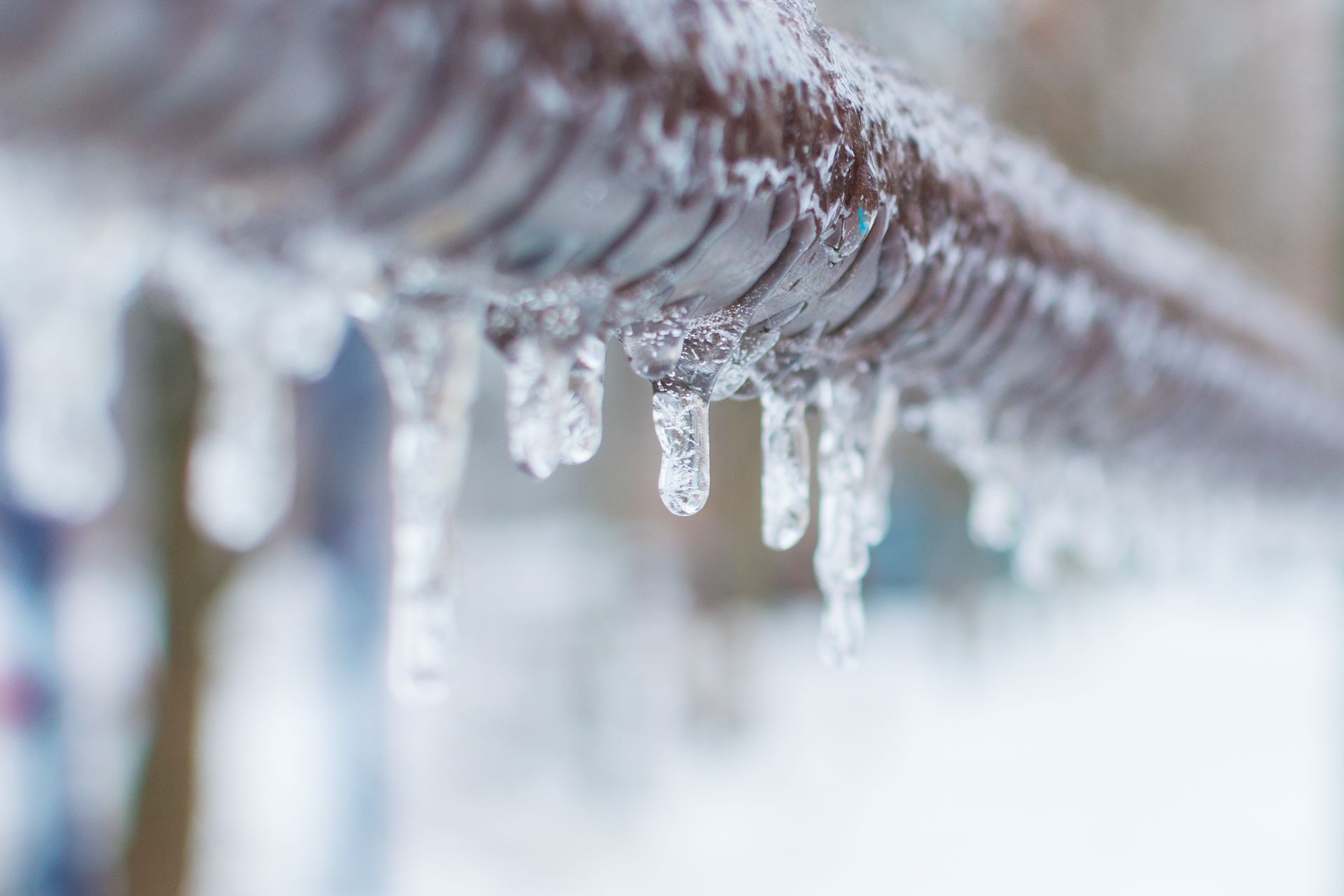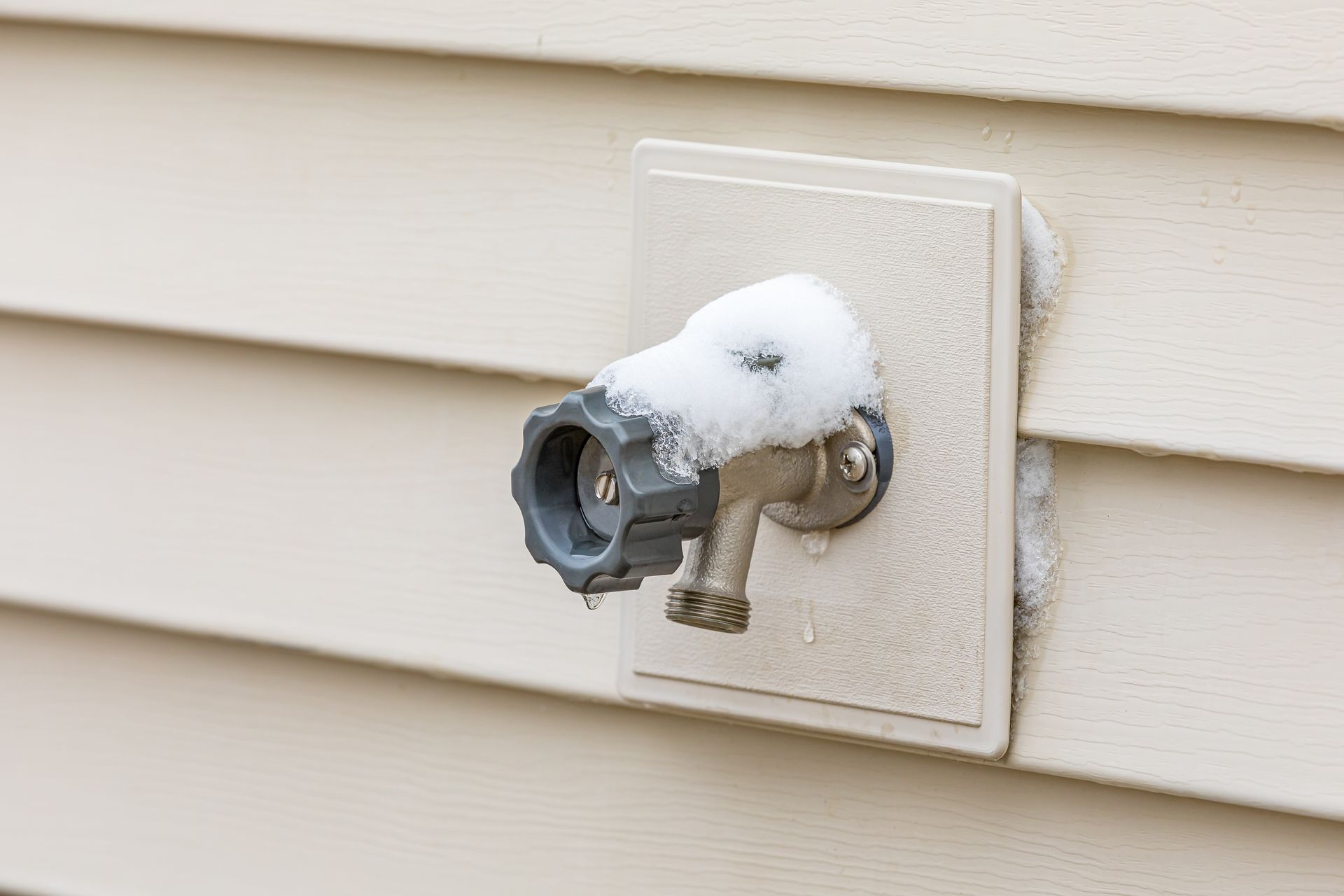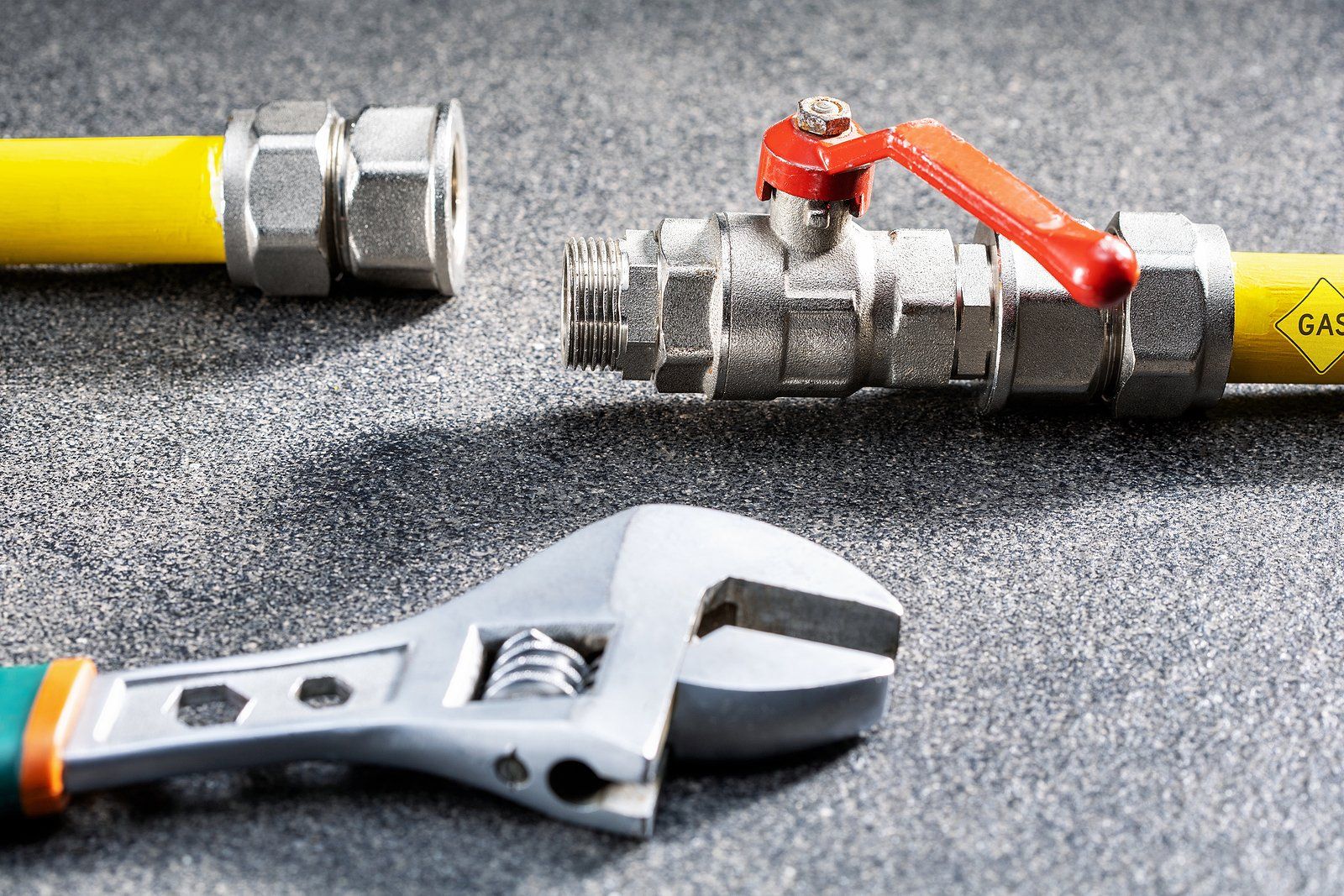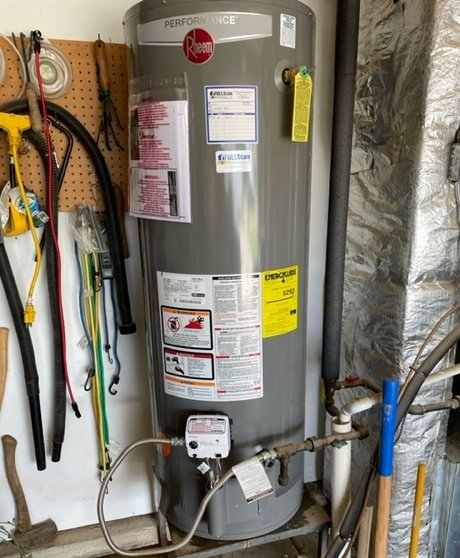Benefits of Water Filtration Systems
Benefits of Water Filtration Systems
Household water filter systems are becoming more popular. Many homeowners are concerned that their water is safe and free of contaminants. There are several advantages to installing a water filtration system within your home or business.
The filtration process can help you and your family have accessible drinking water. The following blog will introduce you to the many advantages of filtration systems in your home.
What is a Water Filtration System?
A water filtering system is designed to remove solid particles from a liquid by passing them through a filter medium. These filters only allow water to pass and restricts solid particles or harmful contaminants.
A primary water filter removes impurities through a delicate physical barrier to reduce contamination. The filters purify the water at various levels for various applications.
Advantages of Water Filter Systems
There are various advantages of filtered water throughout your home. Home water filtration systems are interconnected to help curate pure water in your home. Below are some of the specific examples of clean water benefits!
Less Toxins in Drinking Water
Carbon filters installed in your home irrigation system helps to provide clean tasting water.
Water filtration systems for homes are responsible for removing chlorine, iron, and other minerals. Other contaminants and health threats are also filtered out, protecting your loved ones from waterborne illnesses.
The long term benefits of filtered water affect our wellbeing. Drinking clean water keeps us hydrated and aids the body's natural detoxing process. However, drinking unclean and contaminated water allows for more toxins to enter the body. This can lead to bacteria growth and illness to spread.
Better Quality of Life
Less toxins in water means a better quality of life for your family. Our body's are majorly made up of water so its important that we drink quality water. High-quality water is not only necessary but also vital to your survival.
Pure water can help the body have stronger nails and shinier hair, recover faster from illness and absorb nutrients more effectively. Cleaner water also aids in the removal of soap buildup from the skin and hair. Purified water is also beneficial for skin conditions such as acne, dermatitis, and psoriasis.
Cleaner Living Spaces
Clean water doesn't just affect us internally, it affects the cleanliness of our living spaces. In addition to having clean drinking water, you should have access to pure water for cleaning surfaces.
Soap scum and mineral buildup make dishes less spotted. Showers stay cleaner for longer because bacteria levels are lower. Because of the lower chlorine content, clothes stay brighter longer. Because there is less lime and calcium, drains remain unclogged.
With better water, everything in the house is slightly cleaner and brighter.
Install a Water Filtration System with Our Pros!
Full Scale Plumbing is a professional team of water filtration system experts. We understand and specialize in installing water filtration systems to help ensure our clients have safe and clean water for their homes and business.
Our technicians are certified and knowledgeable about assessing, troubleshooting, repairing, or installing water filtration systems according to the highest quality of workmanship standards.
With years of combined experience and excellent customer service, we guarantee that you will be in good hands with us regarding water filtration systems.
